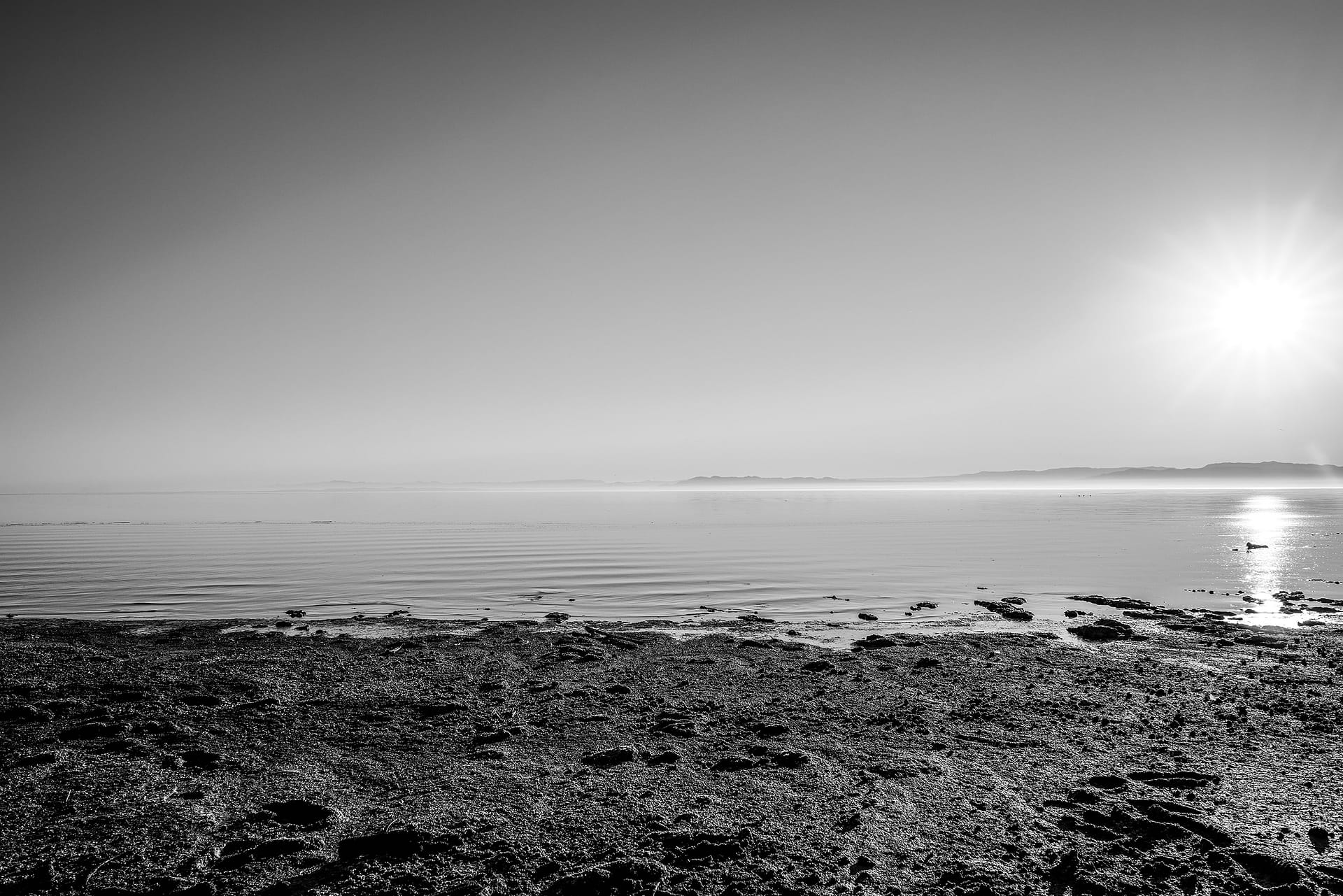Fighting in the Forests
According to a report in the New York Times, one-third of Ukraine’s protected natural areas have been compromised by the arrival of Russian troops or the activity of their military operations. These intrusions destroy natural habitats, kill wildlife and alter area ecosystems altogether. Though the soldiers may occupy the space only for a brief period of time, the ramifications of what they leave behind can last years.
Radiation levels elevated by the dust kicked up by movement at the Chernobyl and Zaporizhzhia nuclear facilities, when Russian soldiers had them under siege, put both humans and wildlife in the area at additional risk. If the conflict escalates further in those locations, or expands to additional facilities, the danger of hitting a vulnerable part of the system with an explosive makes a meltdown disaster a very real possibility. If that were to happen, the radiation would be widespread and could make nearby areas unlivable for years to come.
In addition, explosives release debris and pollutants into the air, soil and water, and the fuel necessary to power military-grade vehicles used in combat generates significant carbon emissions. Wrecked and sunken battleships also leak toxic chemicals into the ocean, endangering sea life.
A Problematic Pause
The damage done to the land being fought upon is not the only way nature is impacted by this conflict.
In June, we featured an interview with Felicity Aston, MBE, who was set to lead the B.I.G North Pole Expedition, which would attain crucial data about sea ice. The team had a successful training in November on the Vatnajökull Glacier in Southeast Iceland and was ready to embark on their mission this month.
We were sad to read this message from the team on March 17th:
“Last week we heard the disappointing news that due to the war in Ukraine, the North Pole season for 2022 has been cancelled. It is not just our expedition affected by this – there will be no expeditions at all travelling to the North Pole this year.”
The explorers have rescheduled their trip for 2023, but they will inevitably have less ice to test in a years’ time, as climate change continues to melt the ice at a more rapid pace than has ever been seen.
A False Famine
Ukraine has the nickname of being the “Breadbasket of Europe” because so much of the grain that European countries consume is grown by their farmers. Now, because shipping routes are closed, the grain that was produced prior to the war can’t go anywhere, which will lead to food shortages not only in Europe, but in Africa and Asia as well. This will cause the demand to rise and prices to spike from the areas that can export similar crops, likely leading to civil unrest in places that cannot afford to pay more for their basic food staples. A ‘false famine’ may result, as there is plenty of food to distribute, but barriers to that distribution, which will inevitably lead to hunger in certain geographies.
Furthermore, this year’s summer crops can’t be harvested without fuel to run the equipment nor fertiliser to cultivate them (Russia is the world’s largest supplier of fertiliser and it has paused shipments).
So, how does this agricultural nightmare also potentially hurt the environment? The UN Food Programme, which provides food to disadvantaged areas may have to use land from the Conservation Reserve Program to grow additional crops and enable affordability. This is land that is earmarked to prevent erosion and loss of wildlife habitat, as well as improve water quality. Using it for crops will disrupt that natural process and delay its benefits.
Seeds of Hope
When they learned their expedition was postponed, The B.I.G North Pole team pivoted to Svalbard to engage in other scientific data collection. Follow their journey here.
Photo: Salton Sea #16, 2019 © Julian Lennon. To view this entire collection, visit julianlennonphotography.com.


